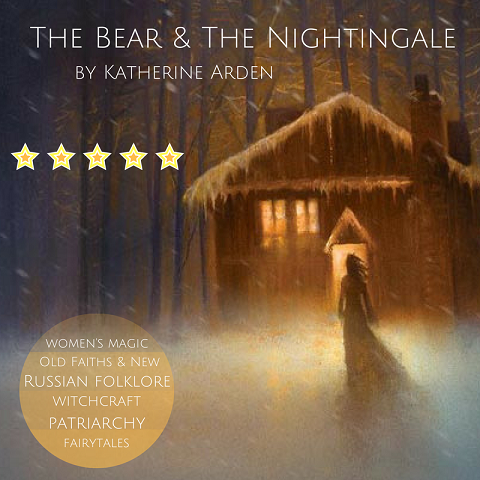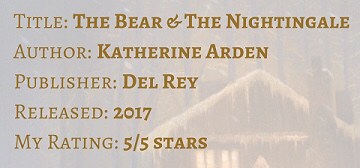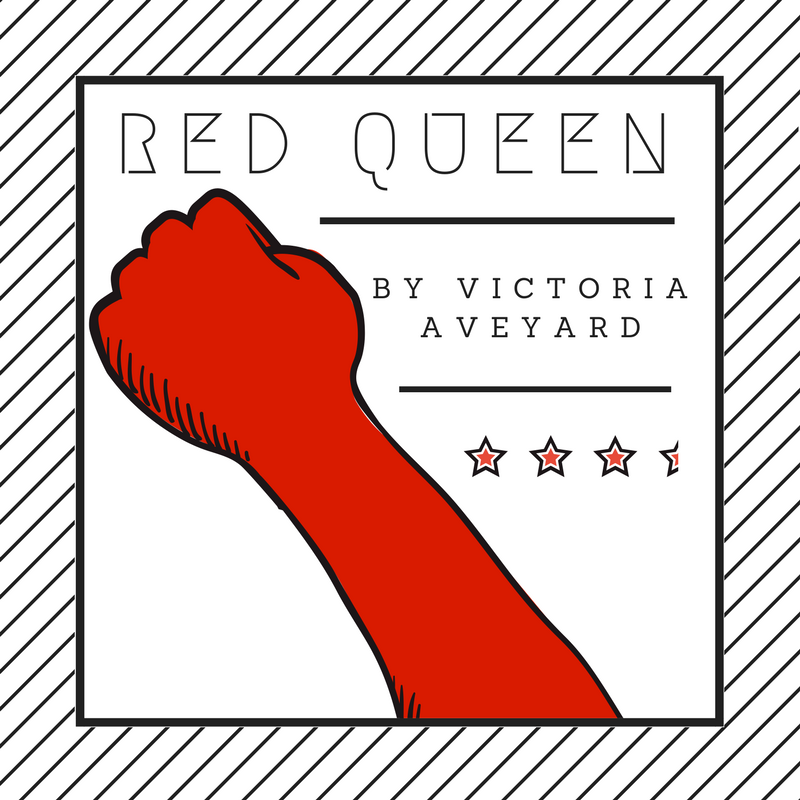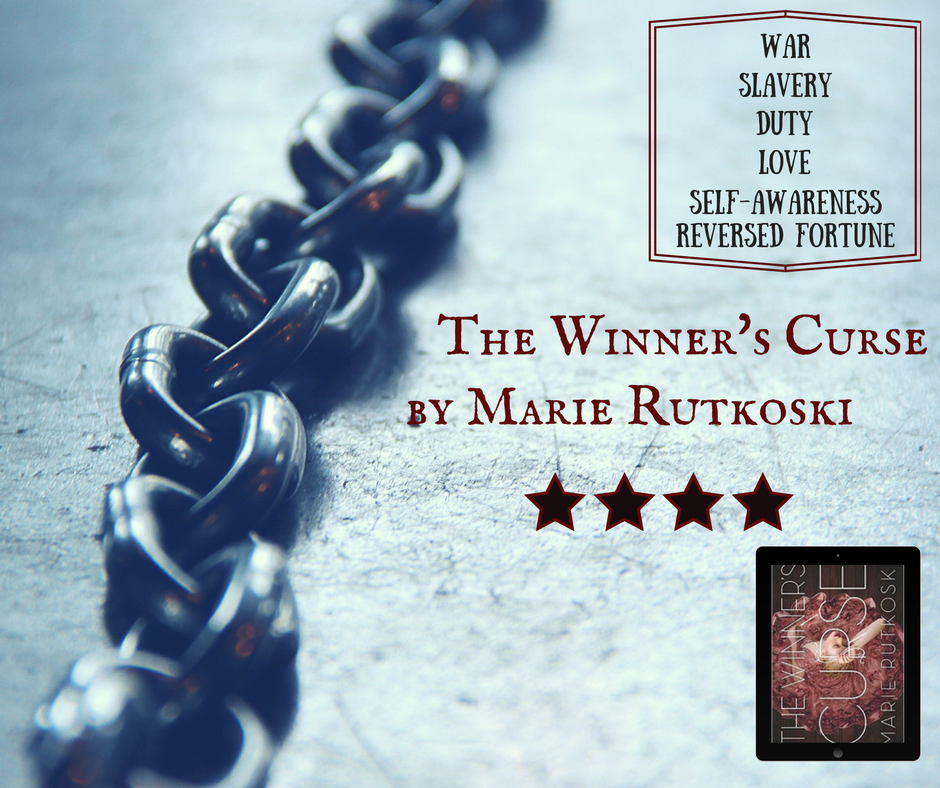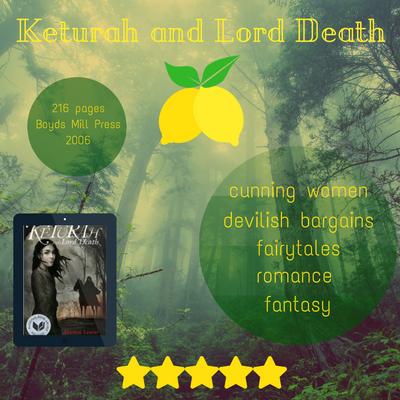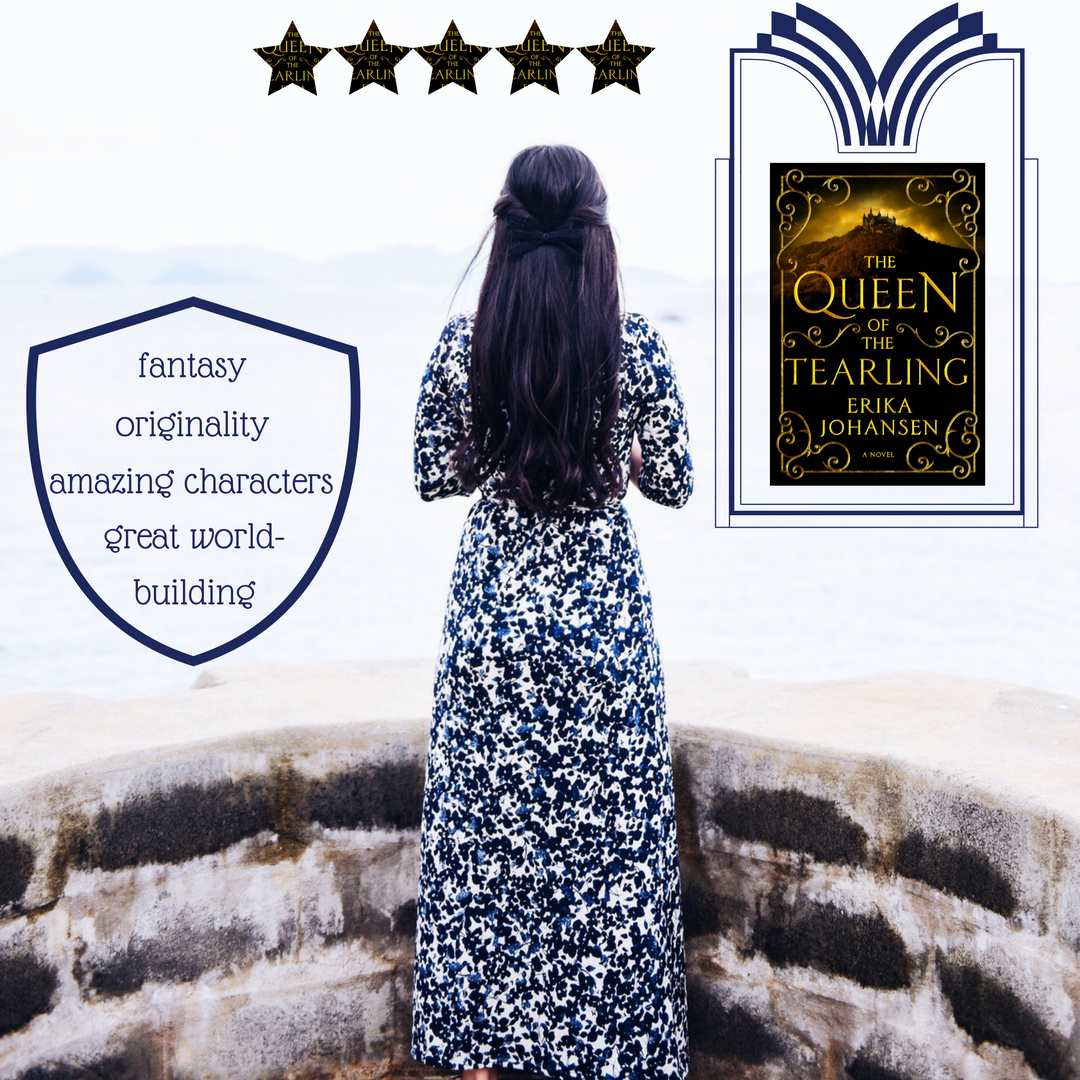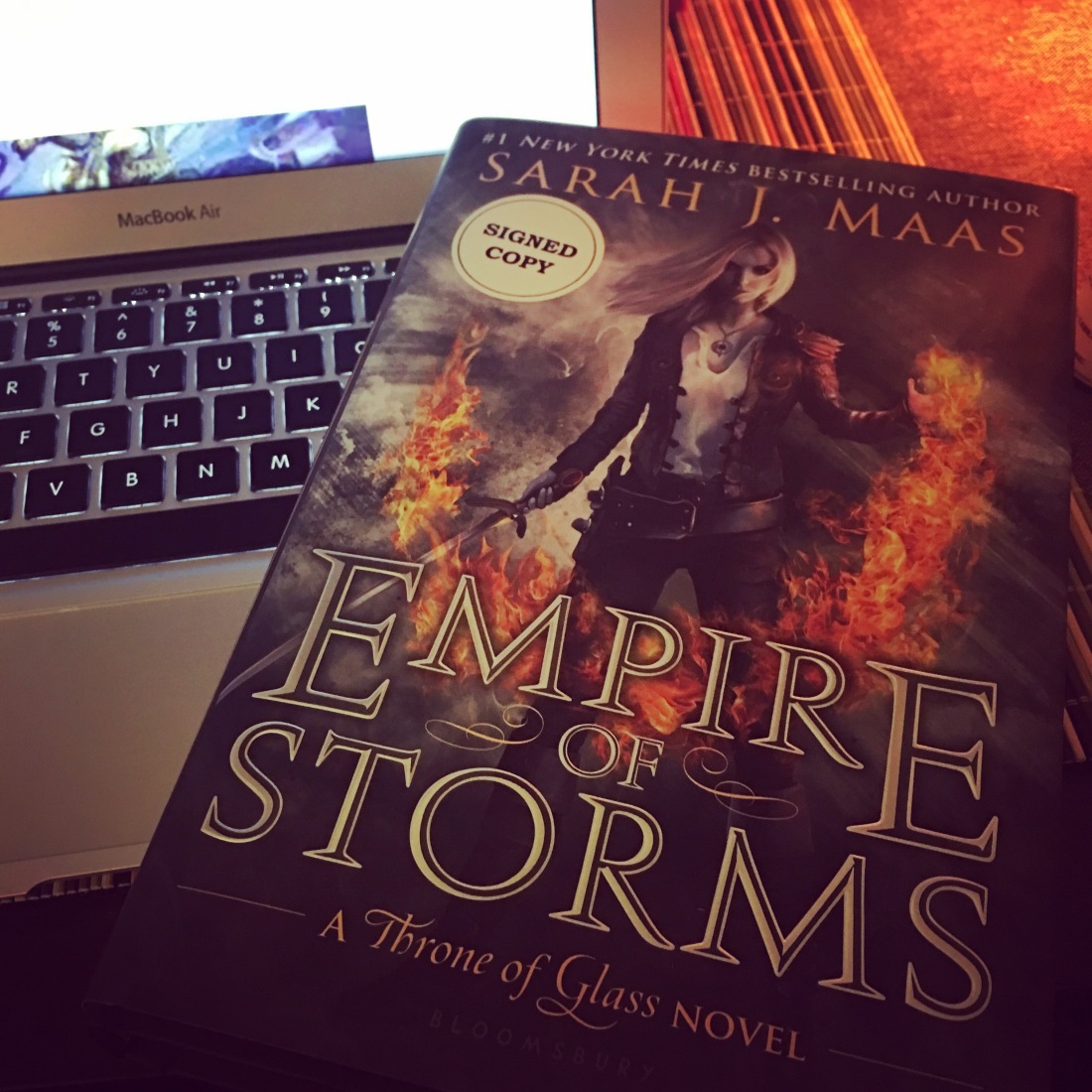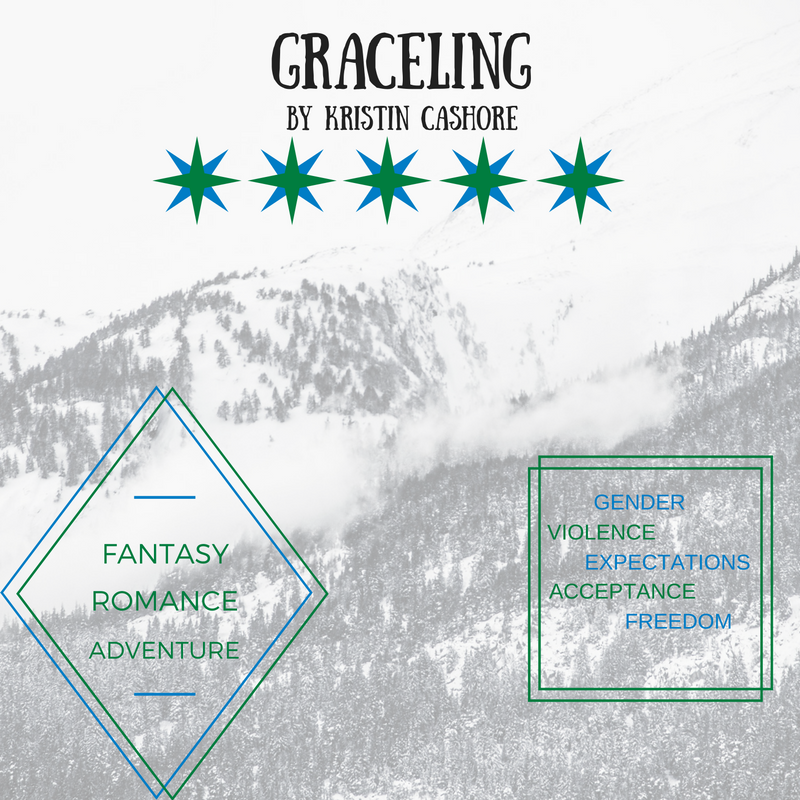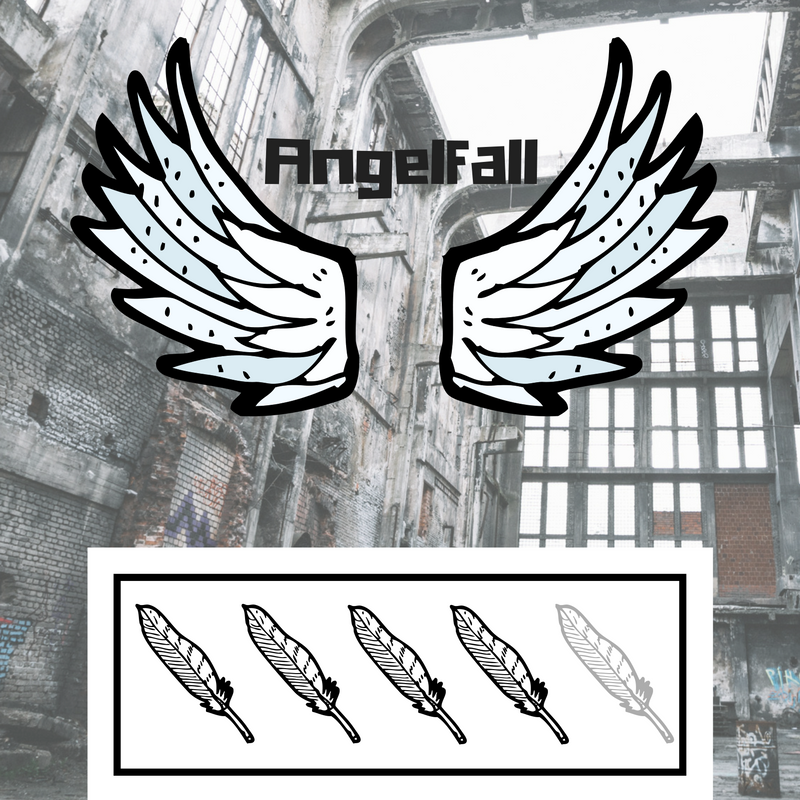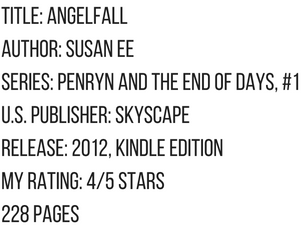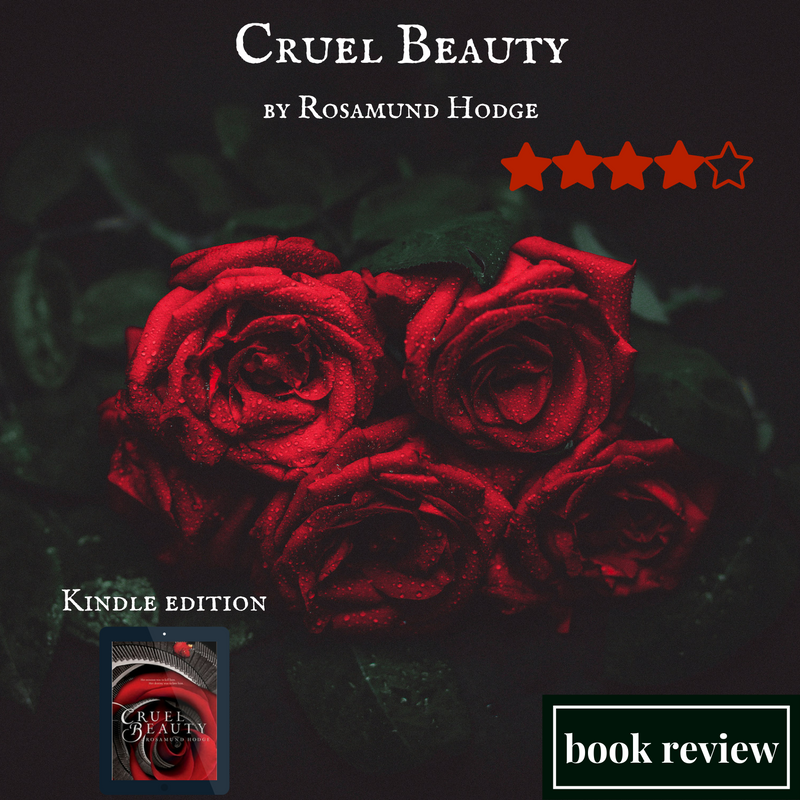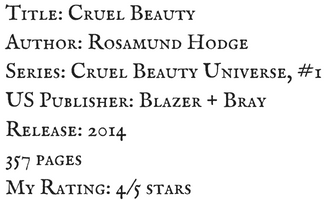I loved this book. It fired me up, it led me to look up poems I hadn’t read in ages and it made me think. I enjoyed it for its surface, its story, its beautiful writing. Most of all, though, I loved it for what it meant to me as a woman in this historical moment. To me it’s a timely book, a prescient picture of a past that may be future.
Not long ago I came across an essay called “This is How They Broke Our Grandmothers.” It begins:
“Once, there were witches.
No. There were never witches. Not the way men said, anyway.
Once, there were many indigenous polytheist and animist faith traditions in what is now Western Europe. Their customs supported varying levels of respect and authority for women. They had holy women, woman healers, and woman leaders.
Once, there was a church that was a kingdom, built on the body of the Roman Empire, which itself was built on the abduction and rape of the Sabine women. This church was a principality in truth, ruled by princes who had a lust for land and gold that was almost as insatiable as their burning hatred of women.”
Subversive women have always been perceived as a threat to the establishment, a more viscerally terrifying threat than any other. We are living in a moment right now when the hard-won rights of women and girls are in danger of being scaled back across the globe, to say nothing of the rights we have yet to win.
The Bear and the Nightingale is about a wild, gangly, magnetic, subversive girl, and she’s the kind of girl we need to read about now more than ever. Her name is Vasya.
I can imagine Vasya marching on Washington, fully formed, wearing a jacket with a patch that says, “We are the granddaughters of the witches you could not burn.”
For she is the granddaughter of a witch. And her grandmother wasn’t burned but died a slower death. She was tamed.
Vasya refuses to be tamed – by man, nature, old gods or new. She’s kind of my hero.
Mild spoilers below.
—
The Bear and the Nightingale is set in a distant Russia on the verge of a deep, wild forest. This Russia may be Christian, but in the wilder parts people remember and keep the old ways, honoring them with story-telling and leaving offerings for household spirits like the domovoi.
Vasilisa, called Vasya, is a special child. Her mother chooses to give birth to her despite her later age because she knows Vasya will be like her own mother, a witch who married the tsar. She dies in childbirth, and leaves Vasya to be raised by her own childhood nurse and elder children. Vasya grows up wild in a warm home full of old stories, and has no idea the future in store for her. From her birth she is a potential pawn of older powers, but she also must contend with religious repression based on her sex, and the encroachment of people who are fearful of her nature and seek only to tame her and make her fit into her society’s roles for women.
Vasya is alone in her family in her ability to see spirits like the domovoi and speak to them. As the rest of her world is gradually convinced that the old ways are evil, that nature spirits are demons, only Vasya can see them fading, dying, asking for help. She alone understands that turning their backs on the old friends of humankind will lead to imbalance, famine, and death. That is, until her father re-marries and Vasya realizes that her step-mother can also see the old beings. Where Vasya sees creatures who are complex, both good and bad, Anna only sees demons. Enter in a Christian priest, Konstantin, who develops a twisted love-hate for Vasya as he watches her grow, and Vasya is soon outnumbered and labelled a witch. Konstantin can’t help but become enamoured of Vasya, but he feels threatened, tempted, and emasculated by her unselfconscious wildness.
She is not afraid, Konstantin thought dourly. She does not fear God; she fears nothing. He saw it in her silences, her fey glance, the long hours she spent in the forest. In any case, no good Christian maid ever had eyes like that, or walked with such grace in the dark. For her soul, and for the souls of all in this desolate place, thought Konstantin, he must have her humility. She must see what she was and fear it. Save her, and he would save them all.
Vasya fights hard for what she knows is right and refuses to be yoked. I feel like Konstantin sees her as paganism personified. Her struggles to just be herself and do what’s right can be seen as universal but I feel like she very powerfully shows us a picture of women’s ongoing fight for…being. Just being. Uncloistered, unbound, and free.
Beyond her freedom as a woman, Vasya must also fight for her world, suspended between supernatural forces who want to use her for their own end.
I truly loved everything about this story except for one thing: the anticlimactic ending. Now that I know it’s first in a trilogy I feel less let down, but it seems like a long build up for such a short payoff.
My favorite part of the story was the contest between Konstantin and Vasya, however, so I was less disappointed in the lack of attention to certain characters and major plot points than others might be.
I’d love to hear your thoughts! What did you think of the book?
I mentioned at the first that reading this book made me think of a few poems I haven’t read in a while – I figured I’d share them:
“Witch-Wife,” Edna St. Vincent Millay
“Circe,” H.D.
“Her Kind,” Anne Sexton
